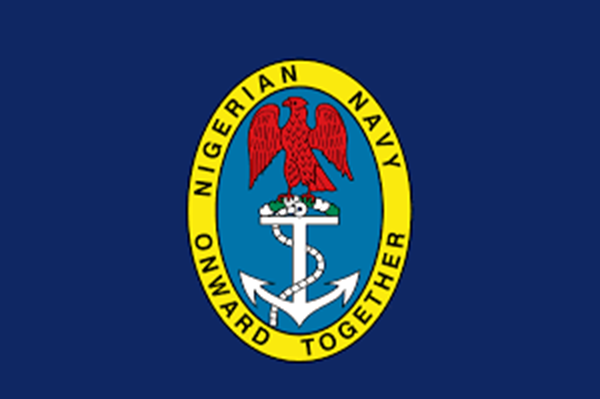The Nigerian Navy’s aggressive campaign against maritime illegalities between 2015 and 2021, while laudable for suppressing piracy and other illicit activities, may have inadvertently inflicted significant economic damage on the nation. A study by the Sea Empowerment and Research Centre (SERC) estimates potential losses ranging from ₦10 billion to a staggering ₦509 billion due to vessel arrests during this period. While the Navy’s efforts led to the arrest of 333 vessels for various offenses, including piracy, crude oil theft, and illegal bunkering, the SERC argues that the economic ramifications of these arrests haven’t been adequately considered. The study highlights the need for a more nuanced approach to maritime security, one that balances effective enforcement with the preservation of legitimate trade and economic stability.
The SERC’s analysis emphasizes that simply tallying the number of arrested vessels doesn’t provide a complete picture of the situation. The economic impact depends heavily on the type and value of the seized vessels and their cargo. The study proposes three potential scenarios: a low-impact scenario with minimal economic damage, a medium-impact scenario with moderate losses, and a high-impact scenario involving substantial losses, particularly if oil tankers or high-value cargo were seized. Even in the low-impact scenario, the estimated losses are significant, exceeding ₦10 billion. These figures exclude the potentially even larger losses from crude oil theft and illegal bunkering, further underscoring the complexity of the issue. The report contends that prolonged vessel detentions, a common consequence of arrests, exacerbate the problem by driving up trade costs, including insurance surcharges and rerouting expenses, ultimately impacting consumer prices and hindering Nigeria’s export competitiveness.
A key concern raised by the SERC is the lack of transparency surrounding the vessel arrests. The organization calls for the Navy to publish detailed records of each seizure, including vessel type, cargo value, and the final outcome of the case, whether it resulted in forfeiture, fines, release, or prosecution. This transparency, the SERC argues, is crucial for assessing the true economic cost of the arrests and determining the effectiveness of security investments. Without such data, it’s difficult to gauge the actual losses incurred and measure the return on investment in maritime security operations. The report emphasizes the need for a more data-driven approach to maritime security, enabling informed decision-making and greater accountability.
The SERC also recommends inter-agency audits involving the Navy, Nigeria Customs Service, and the Nigerian Ports Authority to reconcile the economic losses from vessel arrests. These audits would provide a more comprehensive understanding of the financial implications of the Navy’s actions and help identify areas for improvement. Furthermore, the SERC advocates for expedited prosecutions to minimize cargo delays and revenue leakage stemming from prolonged detentions. Streamlining legal proceedings would not only reduce economic losses but also enhance the efficiency of the justice system.
The Navy’s enhanced enforcement efforts, facilitated by the acquisition of new vessels, have undeniably contributed to a significant decline in piracy in Nigerian waters. This achievement led to Nigeria’s removal from the International Maritime Bureau’s piracy-prone list in 2021, a positive development for the country’s image and maritime sector. However, the SERC cautions against viewing arrests as the sole metric of success. While acknowledging the Navy’s important role in combating illegal maritime activities, the report emphasizes the need to balance enforcement with economic considerations. An overly aggressive approach, characterized by prolonged detentions and a lack of transparency, risks jeopardizing the very trade and revenue streams that contribute to Nigeria’s economic well-being.
The SERC report comes at a crucial time for Nigeria, as the country grapples with declining oil revenues and mounting debt burdens. The maritime sector is seen as a key driver of economic recovery, making it imperative to ensure that security operations don’t inadvertently stifle legitimate trade and investment. The report is expected to generate discussion among maritime regulators, industry stakeholders, and lawmakers on how to best strike a balance between robust maritime security and economic stability. Finding this equilibrium will be crucial for ensuring the long-term health of Nigeria’s maritime sector and its contribution to the nation’s economic future. The ongoing debate will likely focus on refining enforcement strategies, promoting transparency, and streamlining legal processes, while upholding the Navy’s critical role in safeguarding Nigeria’s maritime domain.














